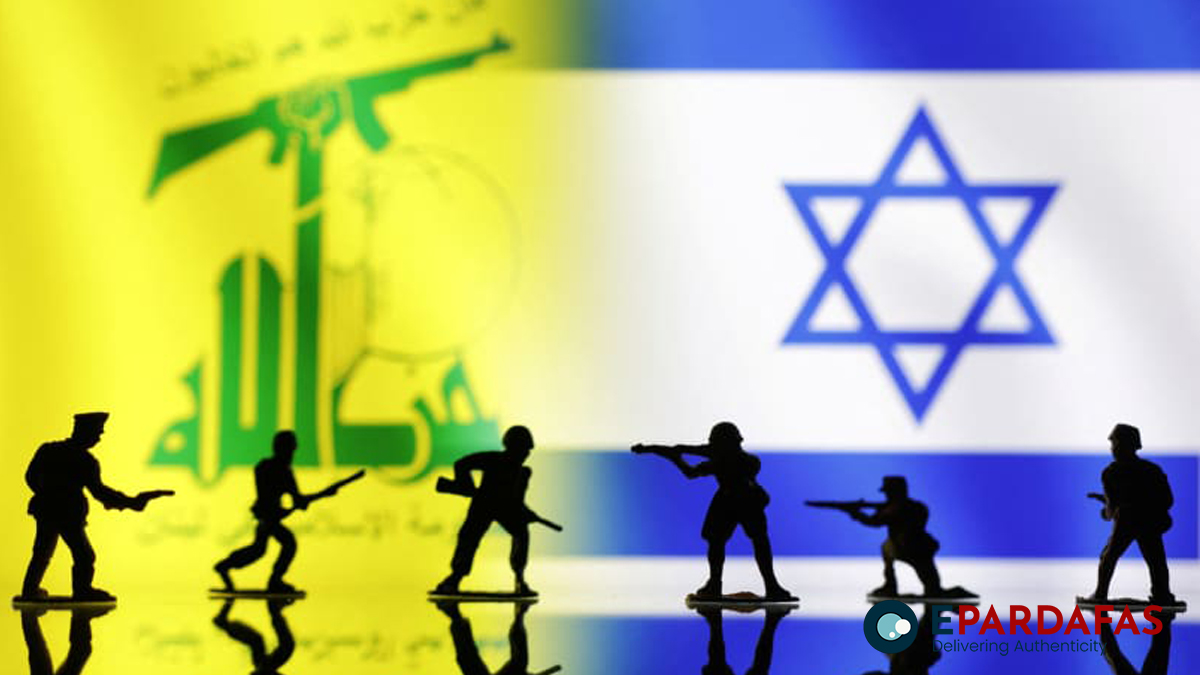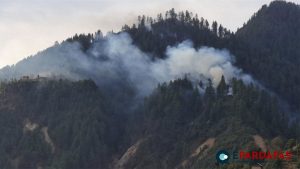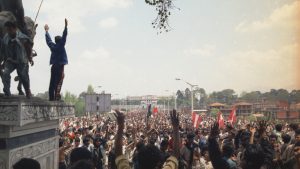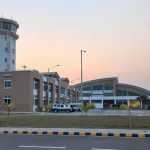
Ceasefire Between Israel and Hezbollah Takes Effect Following U.S.-France Mediation
A ceasefire between Israel and Hezbollah, an Iran-backed militant group, came into effect at 2:00 a.m. GMT on Wednesday, following an agreement brokered by the United States and France. The truce aims to end months of cross-border conflict that has caused extensive casualties and displacement.
Shortly after the ceasefire, bursts of gunfire echoed across Beirut, raising uncertainty about whether they were celebratory or signals of alert. Streams of vehicles were seen heading toward southern Lebanon, an area heavily impacted by the fighting, Reuters reported.
U.S. and Israeli Leaders Confirm Truce
President Joe Biden confirmed the agreement shortly after Israel’s security cabinet approved it in a 10-1 vote. Speaking from the White House, Biden emphasized that the ceasefire was designed to permanently end hostilities.
“This agreement ensures that Hezbollah and other terrorist organizations cannot threaten Israel’s security,” said Biden. He added that Israel will withdraw its troops from Lebanon over the next 60 days, allowing the Lebanese army to take control of border regions to prevent Hezbollah from rearming.
Israeli Prime Minister Benjamin Netanyahu affirmed the ceasefire’s significance, highlighting its focus on addressing broader threats from Iran. He warned that any violations by Hezbollah would prompt decisive retaliation.
Mixed Reactions to the Agreement
While Lebanon’s caretaker Prime Minister Najib Mikati welcomed the ceasefire, Hezbollah has not issued a formal statement. However, senior Hezbollah official Hassan Fadlallah indicated that the group remains defiant, claiming the ceasefire does not undermine its strength.
French President Emmanuel Macron lauded the agreement, describing it as the result of collaborative efforts between the U.S., France, and local authorities. Meanwhile, critics within Israel, including Security Minister Itamar Ben-Gvir, expressed reservations, arguing that the Lebanese army lacks the capacity to counter Hezbollah effectively.
Ongoing Challenges and Humanitarian Impact
The ceasefire follows intense airstrikes and rocket exchanges in the hours leading up to its implementation. In Lebanon, health authorities reported at least 18 fatalities from Israeli airstrikes targeting Hezbollah’s infrastructure. Simultaneously, Hezbollah launched a missile barrage into Israeli territory, prompting widespread alarms.
Displaced residents on both sides of the border expressed hope for stability. “Our village was half-destroyed before the ceasefire was announced,” said Alia Ibrahim, a mother of two from southern Lebanon.
According to a poll by Israel’s Channel 12, public opinion in Israel is divided, with 37% supporting the ceasefire and 32% opposing it.
The United Nations Interim Force in Lebanon (UNIFIL), supported by the U.S. and France, will oversee the ceasefire’s implementation. However, international leaders remain vigilant, underscoring the importance of maintaining peace in a historically volatile region.
- DRRMNC Urges Swift Action to Tackle Forest Fires and Accelerate Reconstruction Efforts
- Nepal Observes People’s Movement Day to Commemorate Restoration of Democracy
- Nepal and India Supreme Courts Sign MoU to Strengthen Judicial Cooperation
- Process to Provide Drinking Water to Dharan Moves Forward, PM Oli Confirms Mayor Harka













Comments